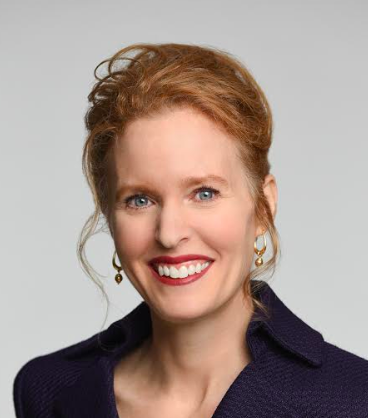
As the Paris climate negotiations closed last Saturday, you heard a great deal of hope and optimism as well as congratulations for vision and progress emanating from COP21. Indeed, important commitments have been made – but they’re pledges, not actions, and they don’t reverse the adverse climate change underway.
Which is why adaptation is more important than ever.
Among conference influencers, I heard many reasons against adaptation. Such projects aren’t bankable, contended the head of Regions20, a United Nations investor collaboration. Mitigation is more interesting, maintained a global nonprofit agriculture sustainability advocate. And from the United Nations' adaptation chief: Lessening greenhouse gases is the only thing insurance companies should spend money on.
But these leaders, among the most active climate actors at the historic conference, postpone adaptation at their peril – and so does the rest of the world. Consider the warnings that sound so loudly from Stanford and Berkeley calculations: Global incomes could decline 23 percent by 2100 relative to a world without climate change. And by 2030, annual costs of adaptation could be $150 billion to $300 billion a year, by the U.N.’s own estimate.
U.N. officials acknowledge that even in the best-case scenarios of greenhouse gas mitigation under the agreement, climate change will persist for at least three to four decades. So much for helping the health and safety of our children and grandchildren.
On the other hand, one group that seemed willing to consider adaptation at COP21 was the private sector:
- The sustainability director of Mars, Inc. noted that he often starts discussions with climate adaptation when conferring with his government hosts about doing chocolate business in Cote D’Ivoire, Ghana and Nigeria.
- An executive of nonprofit health plan Kaiser Permanente defined his role as climate adaptive in supporting human resilience.
- Investment firm South Pole Group, leveraging its growth in mitigation markets, has seen exponential growth in its developing-country water purification adaptation investment partnership.
- PepsiCo, a historic adaptation leader, continues to innovate throughout its food-and-beverage supply chain.
- The U.N. Global Compact had the courage and foresight to release a paper of adaptation best practices at its Caring for Climate business forum. The Notre Dame Global Adaptation Index (ND-GAIN) participated in creating The Business case for Responsible Corporate Adaptation document.
The biggest adapters at the COP21 negotiations seemed to be – wait for it – the United States government, which pledged $800 million for adaptation at the conference.
As I joined other tired souls exiting the climate talks and onto the crowded bus to the Metro station, I thought to myself: Adapt or bust. For while I share hope that countries will make good on the significant commitments emanating from COP21, I’m a pragmatist. I recognize from similar pledges made in both private and local government sectors over the years that the best of intentions differs from impact. And making good on mitigation commitments can be slow, failure-prone work.
Still, recognizing the important mitigation actions galvanized by COP21, I’m encouraged that the private sector is opening doors to new markets, creating collateral benefits, building efficiencies and innovating for adaptation. Well beyond the hope and promise of the Paris agreement, private-sector voices will help ensure that extreme events do not become disasters.
Image credit: Flickr/Premnath Thirumalaisamy
Joyce Coffee is managing director of the Notre Dame Global Adaptation Index (ND-GAIN), whose mission is to increase the world’s awareness about the need to adapt, informing public and private investments in vulnerable countries.

Joyce Coffee, LEED AP, is founder and President of Climate Resilience Consulting. She is an accomplished organizational strategist and visionary leader with over 25 years of domestic and international experience in the corporate, government and non-profit sectors implementing resilience and sustainability strategies, management systems, performance measurement, partnerships, benchmarking and reporting.














